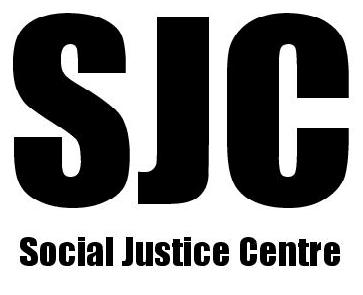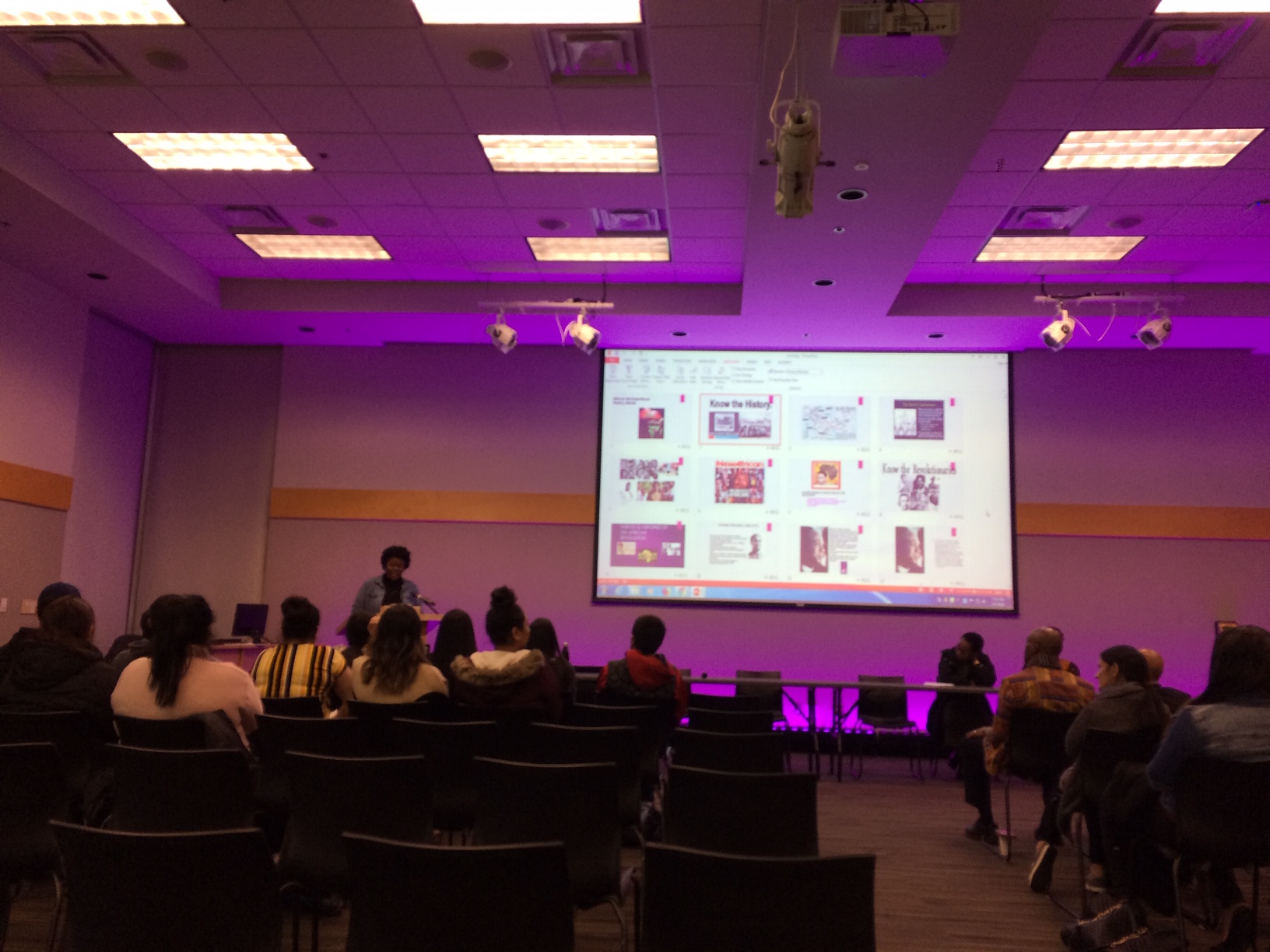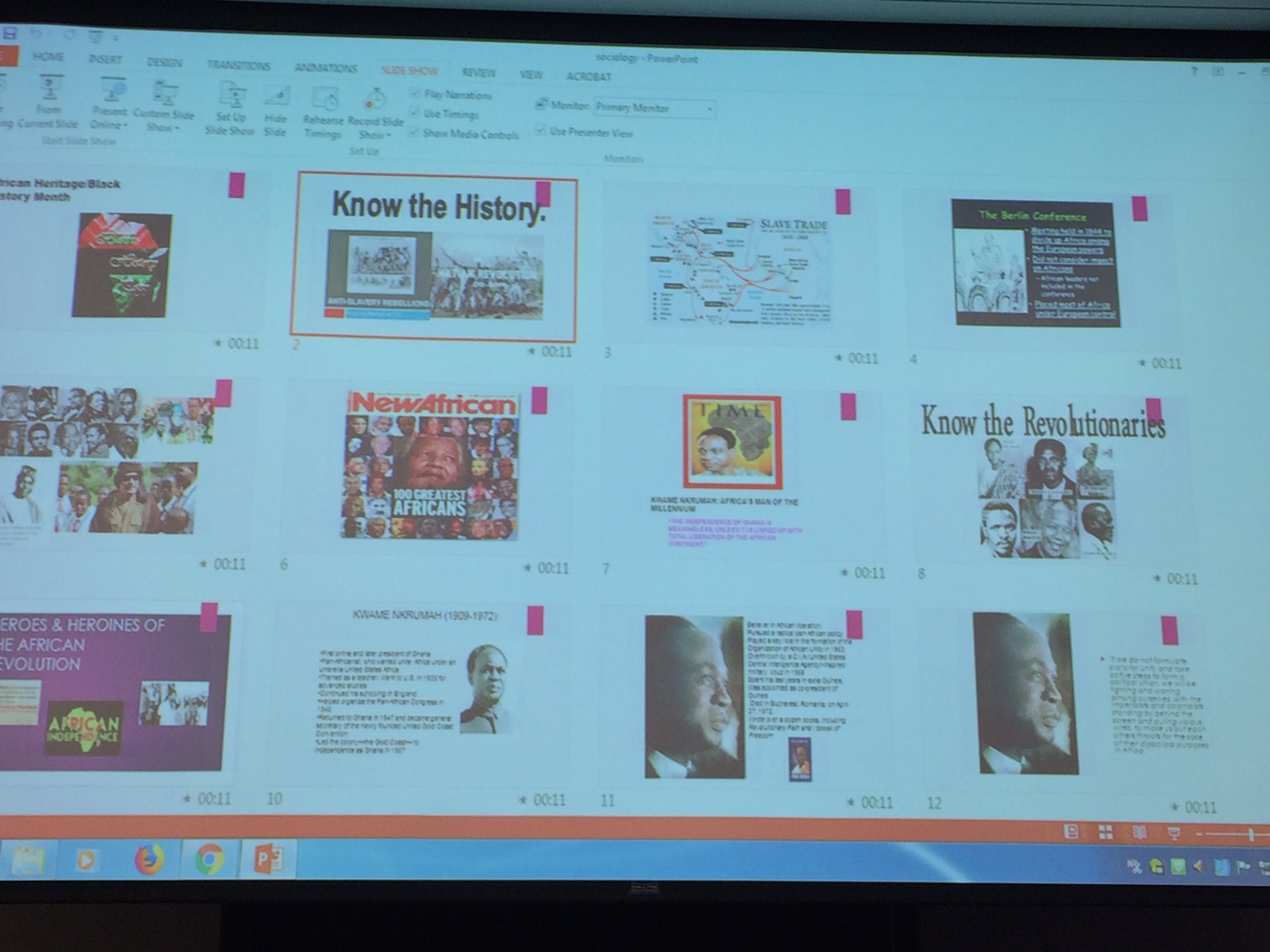March 8, 2019
Report by Jeff Shantz
Every month is Black History Month—or should be. On Thursday, March 7, 2019, Kwantlen Polytechnic University Sociology faculty Charles Quist-Adade and students hosted a lively African Heritage/Black History Month event at the KPU Surrey campus. An evening of discussion, poetry, and music, this was an impactful gathering that energized participants. There was a decent turnout of forty or more people, including community members as well as KPU students.
Speakers made clear that “if we [people of African heritage] do not tell the histories, who will?” And they stressed that it was important to go beyond tolerance of cultural difference to move to acknowledgement and recognition.
There were images and references that emphasized anti-slavery rebellions and the Haitian Revolution through the resistances and uprisings of today. Slides throughout focused on revolutionaries and activists from Harriet Tubman and Viola Desmond to Patrice Lumumba and Thomas Sankara and beyond. Acknowledgement was given to the unknown grassroots activists who are the revolution. Along the way reference was made to Franz Fanon and the anarchist-inspired Ashley Montagu.
Charles Quist-Adade stressed the importance of remembering and highlighting “the trailblazers of the African Revolution.” He emphasized the importance of praxis—theory to inform practice and practice to inform theory—and it should be said that this has been a hallmark of Dr. Quist-Adade’s work at KPU. Charles argued that the so-called African Slave Trade should be called the European Trade in Africans (or the European Slave Trade).
With specific attention to education at a campus-based event, the importance of education in various realms was emphasized—social media, music, art, as well as more traditional academics. It was pointed out that racialized students have additional tasks in school—of confronting the limitations and obstructions, including outright racism—of traditional educational settings and materials.
A question across the evening was, “What are you doing to change things—to make society better?” And there was a real expression of the need to imagine the radical possibility of changing the world.





